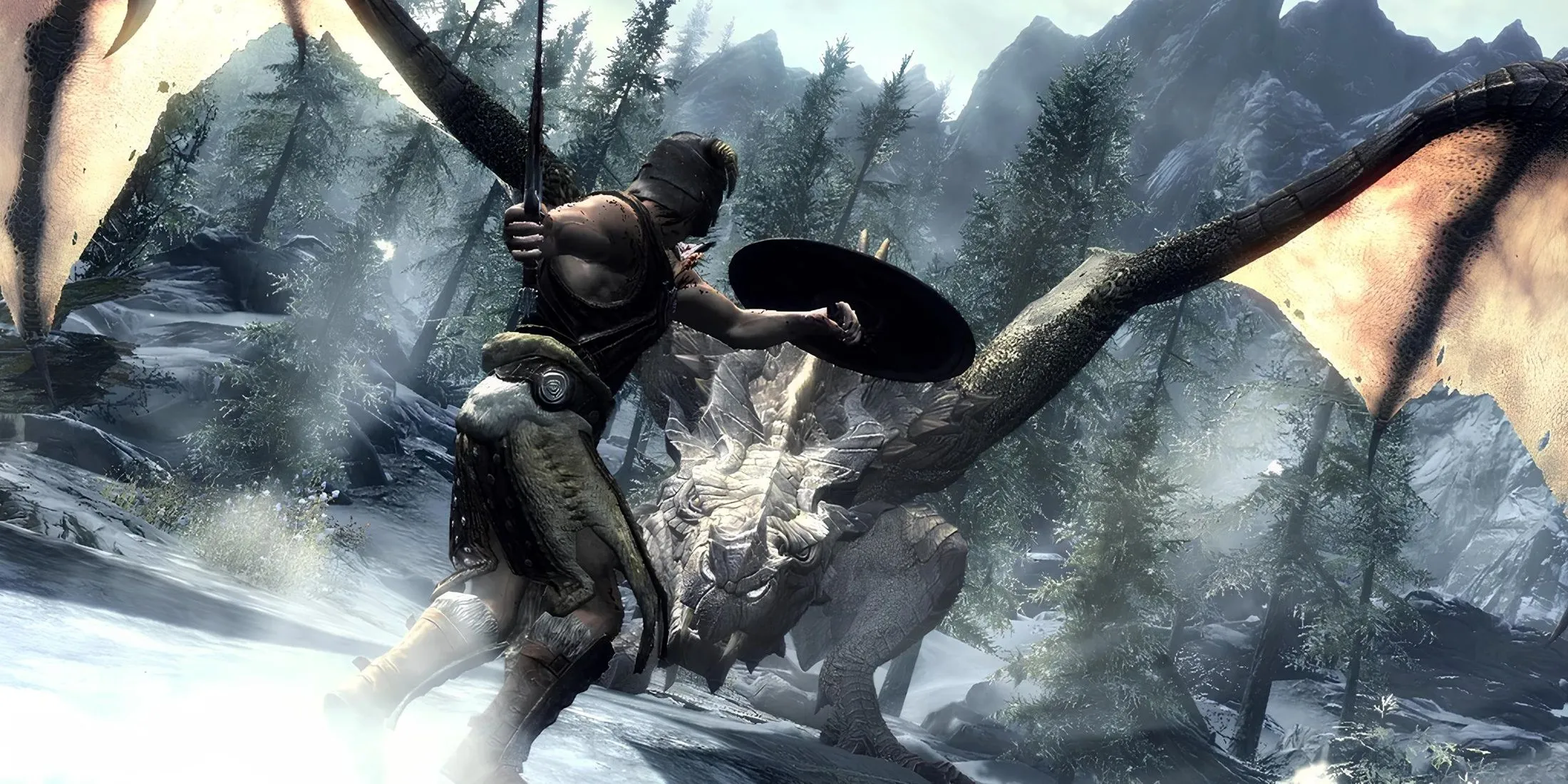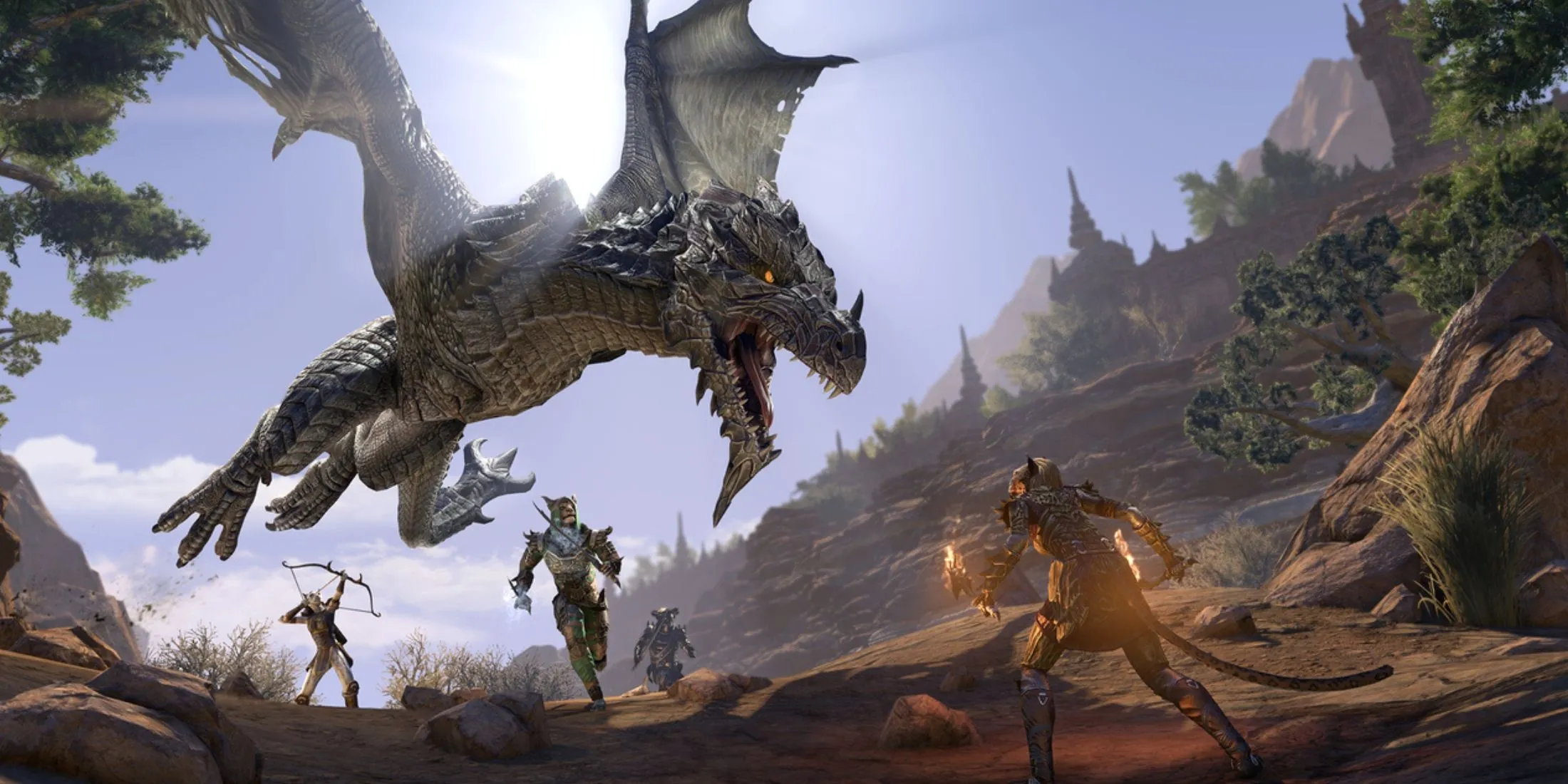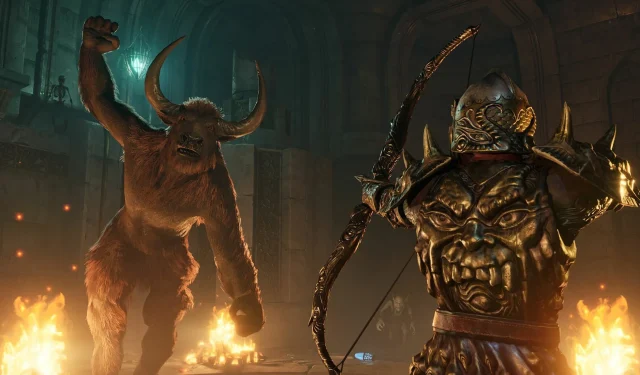The Elder Scrolls franchise has stood the test of time, emerging as one of the most enduring and beloved role-playing game (RPG) series in the gaming landscape. However, with an extensive catalog of titles, discerning the optimal play order can pose a challenge for newcomers and veterans alike. While iconic games like Skyrim, Oblivion, and The Elder Scrolls Online are widely recognized, the earlier installments still offer a wealth of gameplay experiences worth exploring.
Navigating through every title in The Elder Scrolls series may be daunting, especially for those without access to various gaming platforms. Aside from a few remastered versions, accessibility on modern consoles remains limited. Fortunately, all games in the series are available for PC, with the older titles having minimal system requirements, allowing them to run smoothly on most machines.
Elder Scrolls Games in Release Order

With over three decades of history, The Elder Scrolls series features a surprisingly modest number of titles when compared to other prominent franchises. The primary games are listed below:
- The Elder Scrolls: Arena
- The Elder Scrolls II: Daggerfall
- An Elder Scrolls Legend: Battlespire
- The Elder Scrolls Adventures: Redguard
- The Elder Scrolls III: Morrowind
- The Elder Scrolls IV: Oblivion
- The Elder Scrolls V: Skyrim
- The Elder Scrolls Online
- The Elder Scrolls: Blades
Identifying the release order of the mainline games is straightforward, but the inclusion of spinoff titles can add a layer of complexity to the franchise’s timeline. Notably, Battlespire and Redguard debuted between Daggerfall and Morrowind, and while they are not essential to the core experience, they are among the few older spinoffs that have been made available on modern platforms.
Interestingly, The Elder Scrolls: Blades is the latest release in the series, albeit primarily designed for mobile devices and later adapted for the Nintendo Switch. Despite its initial popularity, support for Blades has ceased, and updates have been infrequent. On the other hand, The Elder Scrolls: Legends, a collectible card game, was removed from all platforms in early 2025, illustrating the shifting landscape of mobile gaming options in the series. For those interested in a casual experience, The Elder Scrolls: Castles offers a simulation reminiscent of Fallout Shelter, yet it lacks a narrative depth, thus is not included in the primary game list.
The Elder Scrolls Games in Chronological Order

The Elder Scrolls series offers a dynamic timeline that invites players to engage with various eras between the mainline games. Below is the chronological order of the titles:
- The Elder Scrolls Online
- The Elder Scrolls Adventures: Redguard
- The Elder Scrolls: Arena
- An Elder Scrolls Legend: Battlespire
- The Elder Scrolls II: Daggerfall
- The Elder Scrolls III: Morrowind
- The Elder Scrolls IV: Oblivion
- The Elder Scrolls: Blades
- The Elder Scrolls V: Skyrim
The series initiates with The Elder Scrolls Online and its expansions, marking the earliest entry in chronological terms. Following this, Arena finds its place nestled between Redguard and Battlespire. From then on, players can seamlessly progress through the numbered entries, leading up to Skyrim with a brief diversion for Blades.
While some spinoffs, such as the Travels series, are not included here, the titles mentioned are currently playable on modern gaming systems. The Elder Scrolls series offers an immense volume of content, promising hundreds of hours of adventure. Furthermore, the vibrant community surrounding The Elder Scrolls has generated a plethora of mods that enrich the gaming experience across all titles.


